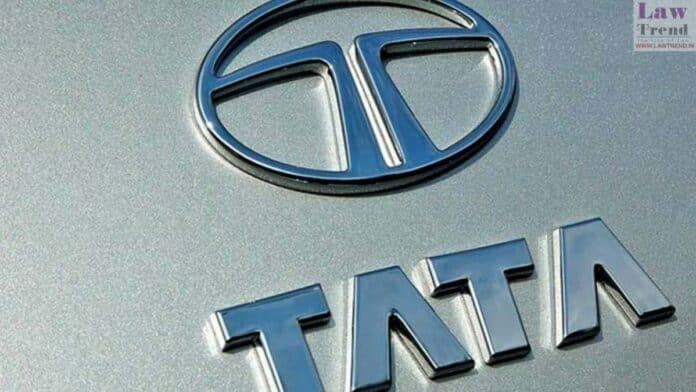In a big setback for Tata Motors, the Supreme Court on Friday dismissed its plea challenging an order of the Bombay High Court which upheld the decision of the BEST to disqualify it from a tender process for supplying 1,400 electric buses worth Rs 2,450 crore, saying the vehicle manufacturer deviated from the “material and essential” term of the tender.
A three-judge bench headed by Chief Justice D Y Chandrachud said it is not in dispute that the first and the foremost requirement of the tender was the prescribed operating range of the single decker buses which would operate for around 200 km on a single charge in “actual conditions” with 80 per cent state of charge without any interruption.
“The material on record would indicate that Tata Motors in its bid deviated from this requirement and had informed BEST that it could carry the operating range in the ‘standard test conditions’ which was not in accordance with the tender conditions.
“The high court has rightly observed in its impugned judgment that the bid of Tata Motors failed to comply with the said clause. Tata Motors deviated from the material and the essential term of the tender,” the bench, also comprising Justices P S Narasimha and J B Pardiwala said.
The top court also remarked that the high court having once declared Tata Motors as “non-responsive” and having been disqualified from the tender process should not have entered into the fray of investigating into the decision of Brihanmumbai Electric Supply and Transport Undertaking (BEST) to declare Evey Trans Pvt. Ltd. as the eligible bidder.
The auto major had approached the HC challenging the BEST’s decision to disqualify it from the tender process for supplying 1,400 electric buses for operating in Mumbai and award the contract to Hyderabad-based Evey Trans.
Tata Motors had participated in the tender process but was “disqualified” following a technical suitability evaluation, the parties had previously told the high court.
The automaker had argued that its technical bid was “arbitrarily” rejected to favour the company that later won the tender.
According to the plea filed by Tata Motors, BEST had published an e-tender notice on February 26, 2022 for two-bid e-tender for the operation of stage carriage services for 1,400 single-decker AC electric buses for Mumbai and its suburbs.
Tata Motors had submitted its technical and financial bid on April 25, the plea said.
However, on May 6, 2022 the BEST published a technical suitability evaluation of the tender and “wrongly” declared Tata Motors’ bid as “technically non-responsive”, alleging the deviation mentioned in respect of operating range was not acceptable.
However, BEST denied the allegations and maintained before the HC that it had followed the due process in awarding the tender.
The top court in its judgement said court being the guardian of fundamental rights is duty-bound to interfere when there is arbitrariness, irrationality, mala fides and bias.
“This Court has cautioned time and again that courts should exercise a lot of restraint while exercising their powers of judicial review in contractual or commercial matters. This Court is normally loathe to interfere in contractual matters unless a clear-cut case of arbitrariness or mala fides or bias or irrationality is made out. One must remember that today many public sector undertakings compete with the private industry.
Also Read
“The contracts entered into between private parties are not subject to scrutiny under writ jurisdiction. No doubt, the bodies which are State within the meaning of Article 12 of the Constitution are bound to act fairly and are amenable to the writ jurisdiction of superior courts but this discretionary power must be exercised with a great deal of restraint and caution,” the bench said.
It said courts must realise their limitations and the havoc which needless interference in commercial matters can cause.
“In contracts involving technical issues the courts should be even more reluctant because most of us in Judges’ robes do not have the necessary expertise to adjudicate upon technical issues beyond our domain. The courts should not use a magnifying glass while scanning the tenders and make every small mistake appear like a big blunder.
“In fact, the courts must give “fair play in the joints” to the government and public sector undertakings in matters of contract. Courts must also not interfere where such interference will cause unnecessary loss to the public exchequer,” the bench said.




